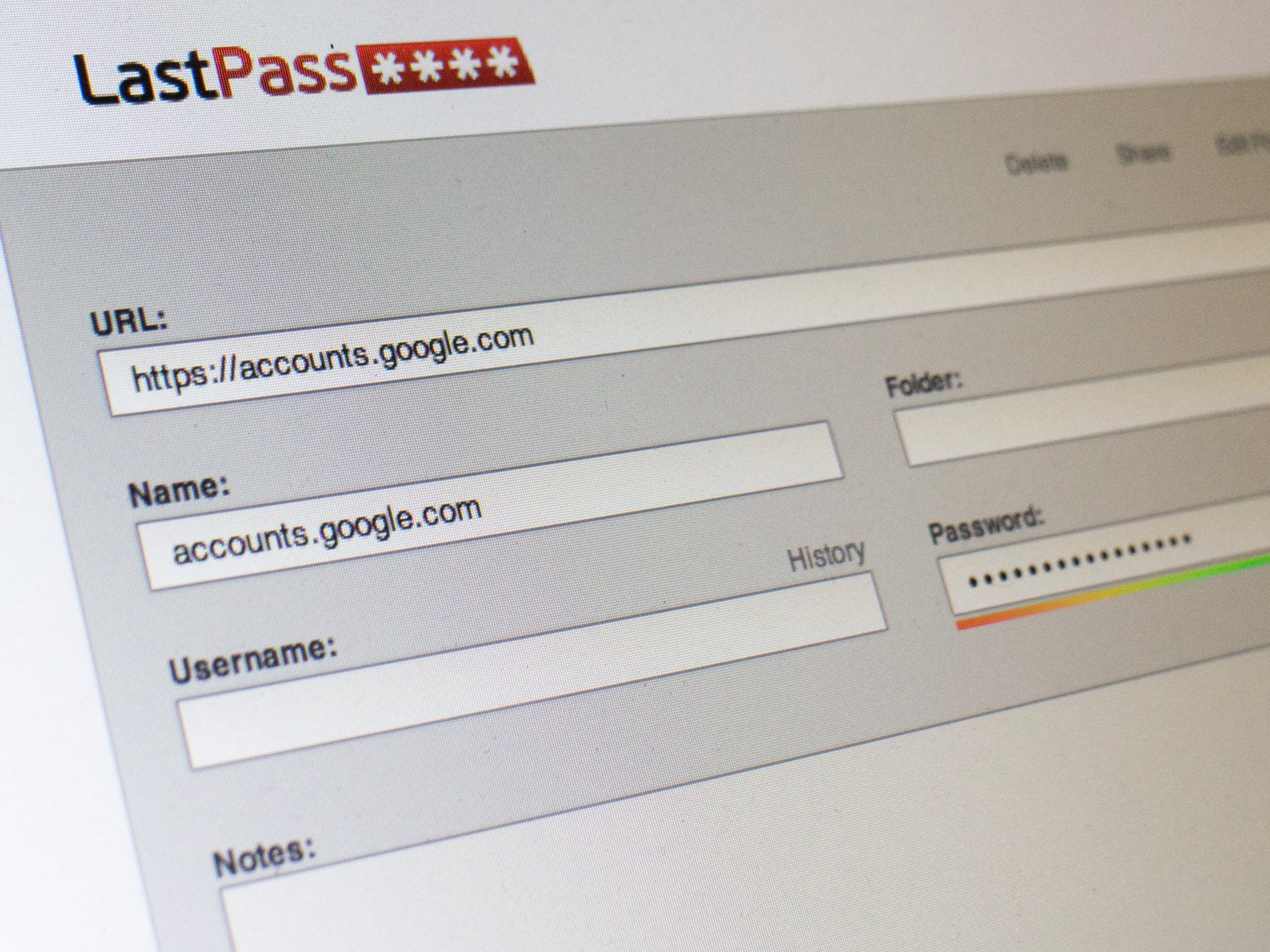
Earlier today, eBay issued a press release letting users know that a cyberattack "compromised a database containing encrypted passwords and other non-financial data." Users will be asked to change their passwords just in case, though they noted that eBay "has seen no indication of increased fraudulent account activity." This is sadly just one of many attacks recently, and something that won't be going away anytime soon, if ever.
Attacks like this are nothing new, over the years plenty of big-name sites have become victim to similar cyberattacks. Retial chain Target has been all over the news lately, and there's also vulnerabilities like the recent Heartbleed Bug that affected Google, Facebook, Yahoo and dozens of other sites.
As we go further and further, putting more and more of our personal information and lives online, it's even more important to keep that data safe. Your personal life (and data) is strewn out across the web in more places than you really know, so keeping what you can private and safe is more important now than ever before. At Mobile Nations we've always been big on security and keeping yourself protected online, but what are you really doing to make that happen?
Hack me once, shame on me
I was never big on passwords. In fact, the two passwords I used for everything were ones that were given to me by my original ISP nearly 20 years ago. I memorized them at the time and since they were a random jumble of letters and numbers, didn't give much thought to using anything else for any site. These were my go-to passwords, one I used more than the other, but I never considered just how bad of a practice this was until the day I almost lost my Gmail account.
A few years back I woke up to a slew of password verification notes from Google, and I instantly dove into a panic. I scrambled to login to my account with no luck. After a few hours of work, I managed to reclaim my account. I noticed that all of my account info was changed by the hacker, and the sent spam messages that numbered in the hundreds. I then realized that if finding my password here was this easy, I was extremely lucky it wasn't taken to the number of other sites that all shared the same password.
It was then that I started using a password manager and spent the next few days making sure my passwords were different across all of the sites I frequented. I only had to remember my master password, which I made so long it took me over a week to memorize. Since then I've had no issues with hacking and I've been sleeping soundly know that my online life is (mostly) safe.
Two-factor Authentication
Recently I've even taken things a step further by enabling two-factor authentication (or two-factor verification) where available. I use this now across all of my Google accounts as well as other services like Facebook, Twitter and Dropbox. Two-factor authentication adds an extra layer of security to your accounts, requiring you to enter a code provided either in an app (like Google Authenticator) or as a text message. The ensures that only you can get into the account, even if someone has your password.
Get the Windows Central Newsletter
All the latest news, reviews, and guides for Windows and Xbox diehards.
Password Managers
The best bet for keeping your passwords secure, while also keeping them organized, is a good password manager. There are a few options available depending on your platform, but all are great choices and offer values far beyond writing all of your passwords down in a "safe place".
- LastPass (Android, iOS, BlackBerry, Windows Phone)
- 1Password (Android, iOS)
- Dashlane (Android, iOS)
- mSecure (Android, iOS)
- Roboform (Android, iOS)
Strong Passwords!
If you're not up to using two-factor authentication or a password manager — at least use a strong password. Mix up numbers, lowercase letters, capital letters and special characters. The longer the better. And never use the same password twice. If a hacker does track down your password, the last thing you want is for them to have access to all of your accounts, just because you used the same password across the board. Stay clear of using passwords like your kids name, birthday, anniversary, "1234567", or the ever popular, "password". Apps like LastPass even offer a secure password generator so you don't have to do any thinking on the matter.
Are you using a password manager to cover your bases? What are some of your favorite tips for staying secure? Hit up the comments and let us know!
- Read more on keeping your online self secure

Adam is the Editorial Director of High-Yield content at Future. Leading an outstanding team, he oversees many articles the publisher produces about subscriptions and services including VPN, TV streaming, and broadband. In addition to identifying new e-commerce opportunities, he has produced extensive buying guides, how-to-watch content, deal news, and in-depth reviews. Adam's work can be seen on numerous Future brands including TechRadar, Tom's Guide, T3, TTR, Android Central, iMore, Windows Central, and Real Homes.